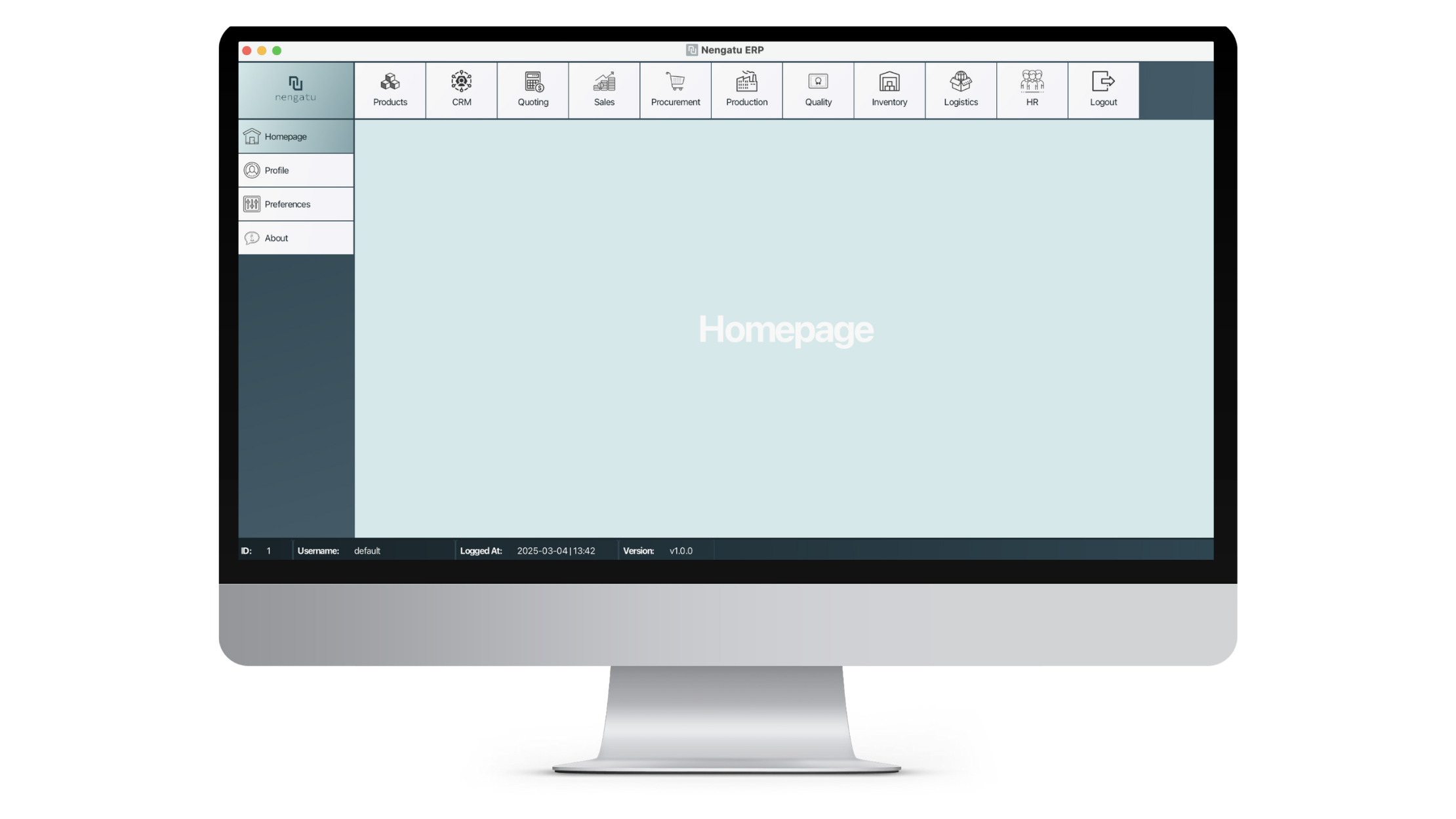Every growing business eventually reaches a stage where management software becomes essential; either to keep up with a rising workload or to handle increasing complexity. Yet, many companies hesitate when it comes to changing or implementing an ERP system, often delaying the decision because of perceived costs and the daunting nature of adopting software that touches every corner of the company. Achieving buy-in from every department is tough; each team or decision-maker usually seeks what is best for their own needs.
The reality is, no single software solution can be perfect for every aspect of every organization. The most successful implementations involve extensive customization for each area of the business to optimize tasks and ensure smooth integration between teams. This level of customization, however, brings additional costs and takes time; sometimes stretching the implementation process over several years.
It’s no wonder, then, that around 75% of ERP implementations fail. Given the investment of time and resources, most organizations want to avoid repeating the process. Too often, companies end up with software that works well in just one or two areas, while everyone else relies on makeshift solutions—think endless Excel spreadsheets patched together—just to create those dashboard KPIs for leadership. The hidden cost is the time and energy spent keeping these half-integrated tools running. If a needed report appears, no one questions how much effort it actually took to generate it.
Here’s something many business owners are reluctant to admit: they’re unsure how to implement an ERP successfully. Even the official guides from major ERP providers or big-name consultants can be vague about what the process really looks like in practice. Who truly benefits from a drawn-out, complicated ERP rollout? And who would sign up to do it all over again if the project fails?
At Nengatu, we believe that ERP implementation should empower your team, not slow you down. Our approach focuses on making transitions smoother and maximizing the value your business gets from day one. The truth is, implementing an ERP doesn’t have to be a long and painful process. With smart planning and skilled execution, it can be a manageable, even transformative project. Whether you’re considering your first ERP or thinking about replacing an old system, the process should be planned, controlled, executed, and measured; just like any successful project.

We’ll dive deeper into each of these factors in upcoming articles. If you have questions or want guidance specific to your organization, connect with the Nengatu Team at info@nengatu.com — we’re here to help you get ERP-ready.